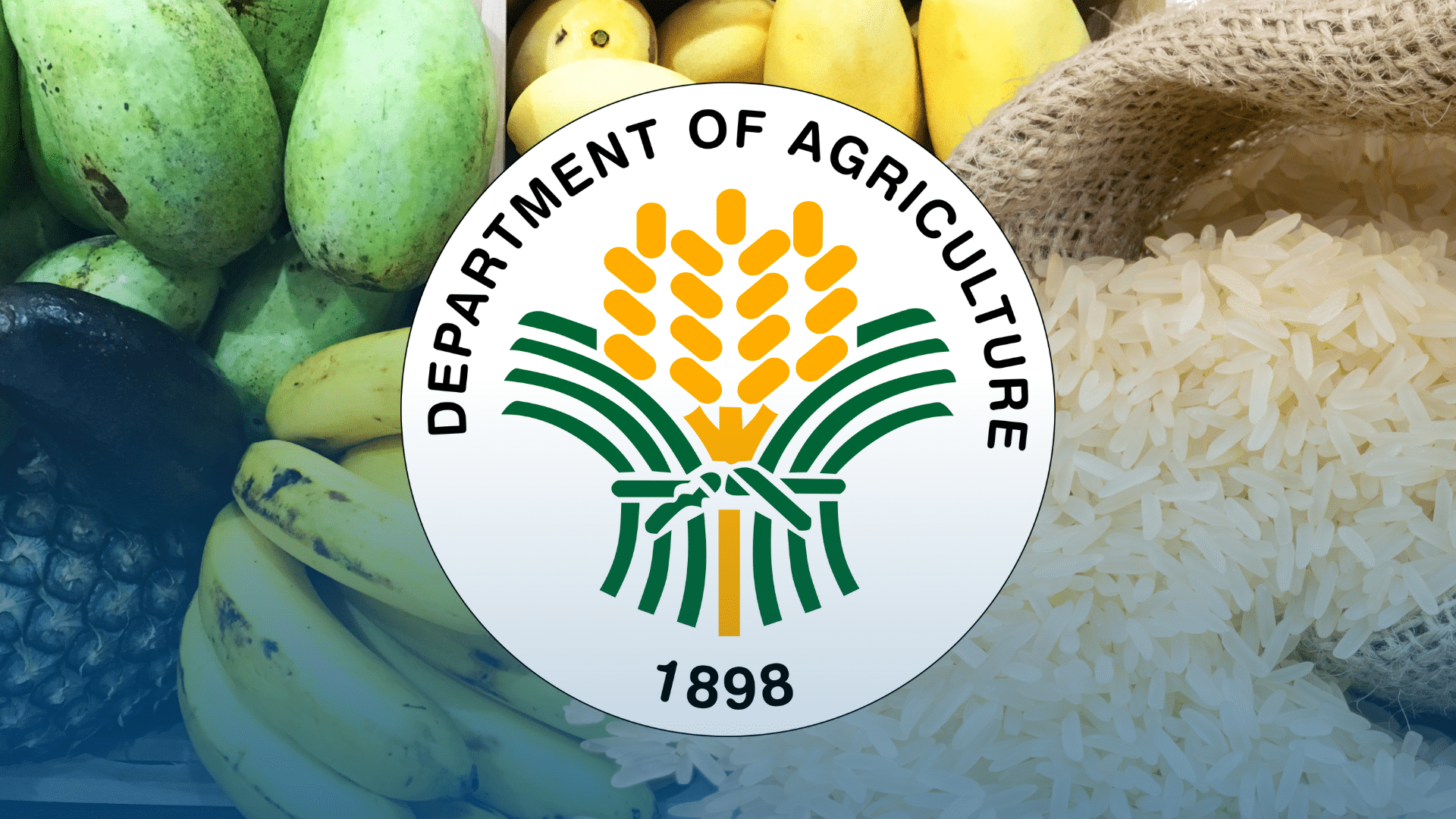
THE ease of doing business in the Philippines has improved slightly following recent reforms aimed at making the country a more attractive investment destination, a multinational professional services firm said.
Dutch-based TMF Group's latest Global Business Complexity Index ranked the Philippines 34th out of 79 countries, an improvement from 31st in the 2023 edition of the report.
Greece, in first place, is the most complex country to do business in this year, followed by France and Colombia. China, ranked 11th from 15th in 2023, is the most complex jurisdiction in the Asia-Pacific region.
The least complex, on the other hand, is the Cayman Islands, with Curacao and Denmark just above it in the rankings. Hong Kong, in 76th, is the regional leader.
The Philippines' regulatory system, TMF Group said, "is seen as the most challenging factor for foreign investors."
"The lack of standard or unified implementation of regulations can cause delays for foreign businesses seeking to obtain licenses or registering in the Philippines," it added.
While the Securities and Exchange Commission does accept online applications, the firm noted difficulties in resolving online questions or technical issues.
In particular, TMT Group said that "startup entities in the Philippines are still seeing delays in obtaining their licenses and registrations due to a lack of standardization when it comes to new laws and regulations."
The country's tax laws were said to be often more stringent and complex than in other countries, and statutes can be subject to varying interpretations by regulators.
"Despite this, the Philippines looks set to become an increasingly straightforward and reliable place to do business over the coming years," TMF Group said.
"The country benefits from a stable political and economic environment, which means the government can focus on improving systems and processes to facilitate foreign investment," it added.
It noted efforts to shift taxation and registration online and particularly cited the recent approval of the Ease of Paying Taxes (EOPT) law and the Internet Transactions Act (ITA).
Opening a bank account in the Philippines was also said to be quick and simple, with no residency requirements for company directors, and know-your-customer and anti-money laundering regulations are also in place.
"The Philippines is a complex, yet attractive, investment destination for foreign businesses," TMT Group said.
"The EOPT Law and the ITA aim to modernize and simplify the country's tax system and strengthen taxpayer rights. In this way, the government hopes to encourage greater compliance," it added.
"At the same time, by providing a clear framework for e-commerce, these laws should foster greater trust and transparency in the Philippines among foreign investors."
The country's 34th place is enough for a "medium" overall complexity score of five out of 10. It also scored five out of 10 in terms of human resources and payroll and accounting and tax regulations but was rated a seven — "high" complexity — with regard to regulations, rules and penalties.
With gross domestic product of $404.3 billion and a population of 116 million, according to 2022 World Bank data, the Philippines' market scale was said to be "large."
In terms of attractiveness to outside investment, however, the country was rated "low" with a score of three.
It was "very low" with regard to population prosperity, with a score of one, and "high" — seven out of 10 — in terms of injustice risk.
Read The Rest at :








